ADB to increase its lending to agri-business companies -official
- Dow Jones
- 25 September 2013
The Asian Development Bank plans to pick up direct equity stakes in food and agri-business enterprises in the region next year, a senior official said.

The Asian Development Bank plans to pick up direct equity stakes in food and agri-business enterprises in the region next year, a senior official said.
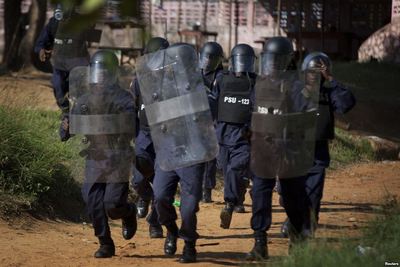
A paramilitary unit of the Liberia National Police was deployed into the area after residents attempted to halt the survey.

Indigenous communities have claims to nearly one third of all land granted in commercial land concessions in 12 countries analyzed by a new report.

Ukraine's government-controlled agricultural firm KSG Agro has denied recent Chinese media reports on an alleged agreement that would have seen China leasing 3 million hectares of Ukrainian farmland for the next 50 years.

Project is led by International Trans Oil USA and the BIG Group of the USA and Ukraine and inlcudes a 32,000 hectare sugar plantation in Ibaji, Kogi state.
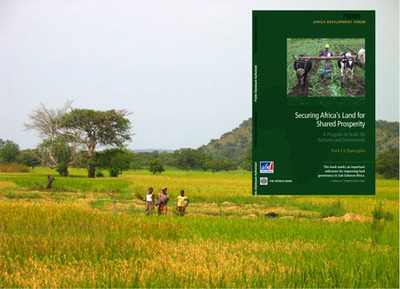
World bank rekindles assumptions that land registration would give farmers access to low-cost credit, improve yields, and that Africa has abundant “surplus land” which should be delineated and identified in order to be acquired by land developers.
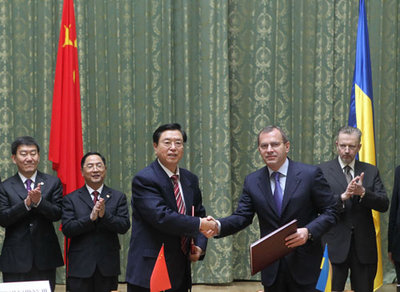
Under the 50-year plan, Ukraine will initially provide China with at least 100,000 hectares - an area almost the size of Hong Kong - of high-quality farmland in the eastern Dnipropetrovsk region

Act Now! and Bismarck Ramu Group call on PM to cancel special agriculture and business leases, saying that already 5 million ha of lands in Papua New Guinea have been swallowed up by foreign companies.
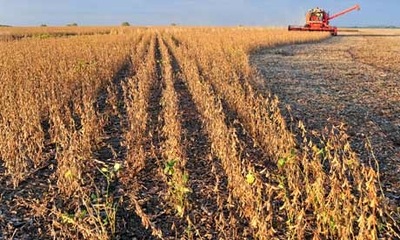
Industrialised countries should do more to persuade companies that investing in, and working with, farmers makes more business sense than buying their land, says FAO senior economist
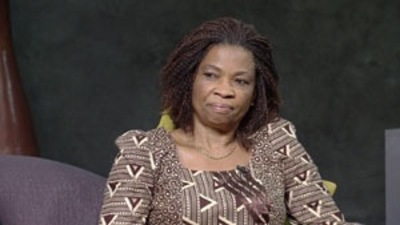
On Al Jazeera’s talk show South2North, Redi Tlhabi debates the new scramble for Africa with former Mozambican president Joaquim Chissano, Nigerian politician Nkoyo Toyo and Philippe Heilberg, a land investor from the US.
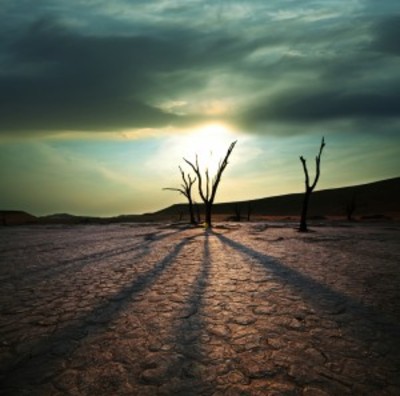
Food companies in the North have always purchased land in the global South to produce export crops. What is different today is the unprecedented scale of these purchases and the kinds of crops that are being grown.
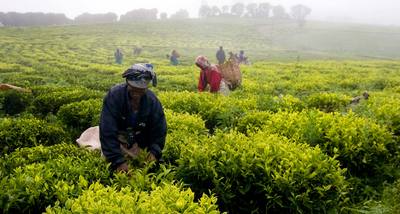
This article documents some of the ProSAVANA programme’s practices during its planning phase and analyses its limitations in terms of preventing the inherent risks of contract farming schemes.